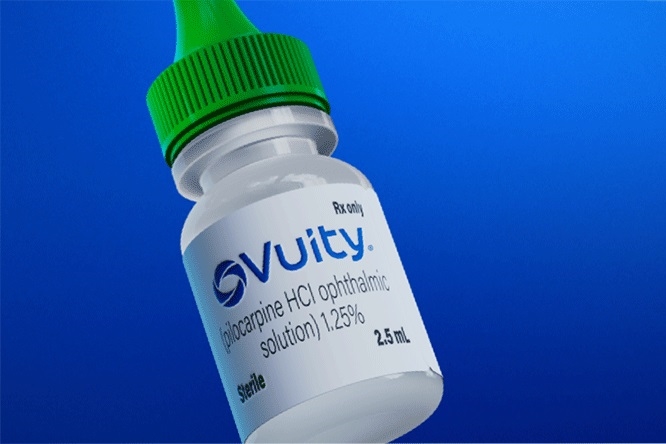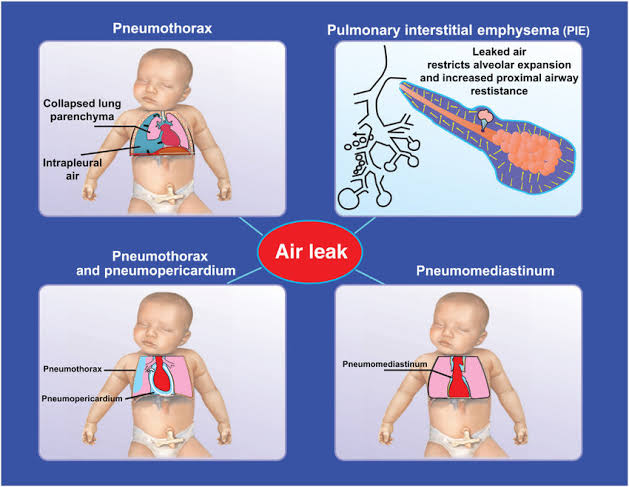
Mechanism of Action of Drugs Used in Management of Hepatitis and Related Complications
The management of hepatitis, particularly viral hepatitis (such as hepatitis B and C), involves several classes of antiviral drugs that work through different mechanisms.
- Nucleos(t)ide Analogues: These drugs, such as tenofovir and entecavir for hepatitis B, mimic the natural nucleotides that are used by viral polymerases to replicate viral DNA. By incorporating themselves into the growing viral DNA chain, they cause premature termination of the chain or inhibit the enzyme’s activity, effectively reducing viral load.
- Direct-Acting Antivirals (DAAs): Primarily used for hepatitis C, DAAs target specific steps in the viral life cycle. For example:
- NS3/4A Protease Inhibitors (e.g., glecaprevir) block the protease enzyme necessary for processing viral proteins.
- NS5A Inhibitors (e.g., ledipasvir) interfere with the replication and assembly of the virus.
- NS5B Polymerase Inhibitors (e.g., sofosbuvir) inhibit the RNA-dependent RNA polymerase essential for replicating the viral RNA.
- Interferons: Interferon-alpha is a cytokine that enhances immune response against viruses. It works by activating immune cells, increasing antigen presentation, and promoting apoptosis in infected cells. This can lead to a reduction in viral replication.
- Immunomodulators: Drugs like pegylated interferon can enhance immune response over a longer duration due to their modified structure that prolongs their half-life.
Types of Drugs Used in Management of Hepatitis
- For Hepatitis B:
- Nucleos(t)ide analogues: Tenofovir disoproxil fumarate, Tenofovir alafenamide, Entecavir.
- Interferons: Pegylated interferon-alpha.
- For Hepatitis C:
- Direct-acting antivirals (DAAs): Sofosbuvir, Ledipasvir/Sofosbuvir combination, Glecaprevir/Pibrentasvir combination.
- Ribavirin: Often used in combination with DAAs to enhance efficacy.
- For Autoimmune Hepatitis:
- Corticosteroids: Prednisone is commonly used to reduce inflammation.
- Azathioprine: An immunosuppressant that helps maintain remission.
- For Complications Related to Chronic Liver Disease:
- Diuretics (e.g., spironolactone): Used for managing ascites.
- Lactulose: Used for hepatic encephalopathy to reduce ammonia levels.
Side Effects and Adverse Effects of Drugs Used in Management of Hepatitis and Related Complications
- Nucleos(t)ide Analogues:
- Common side effects include headache, fatigue, gastrointestinal disturbances (nausea, diarrhea).
- Long-term use may lead to renal toxicity or lactic acidosis.
- Direct-Acting Antivirals (DAAs):
- Generally well-tolerated; however, side effects may include fatigue, headache, nausea, insomnia.
- Rarely associated with severe liver injury or reactivation of hepatitis B in co-infected patients.
- Interferons:
- Side effects can be significant and include flu-like symptoms (fever, chills), fatigue, depression, and hematological abnormalities such as leukopenia or thrombocytopenia.
- Long-term use may lead to autoimmune disorders or thyroid dysfunction.
- Ribavirin:
- Corticosteroids (for autoimmune hepatitis):
- Side effects include weight gain, osteoporosis risk with long-term use, increased blood sugar levels leading to diabetes mellitus.
- Azathioprine:
- May cause bone marrow suppression leading to increased infection risk; also associated with hepatotoxicity and gastrointestinal disturbances.
- Diuretics (for ascites):
- Electrolyte imbalances such as hypokalemia can occur; excessive diuresis may lead to dehydration or renal impairment.
- Lactulose:
- Can cause gastrointestinal upset including bloating and diarrhea; excessive doses may lead to electrolyte imbalances.
In summary, while there are effective treatments available for managing hepatitis and its complications through various drug classes targeting different mechanisms of action, careful monitoring for side effects is crucial due to potential adverse reactions associated with these medications.







